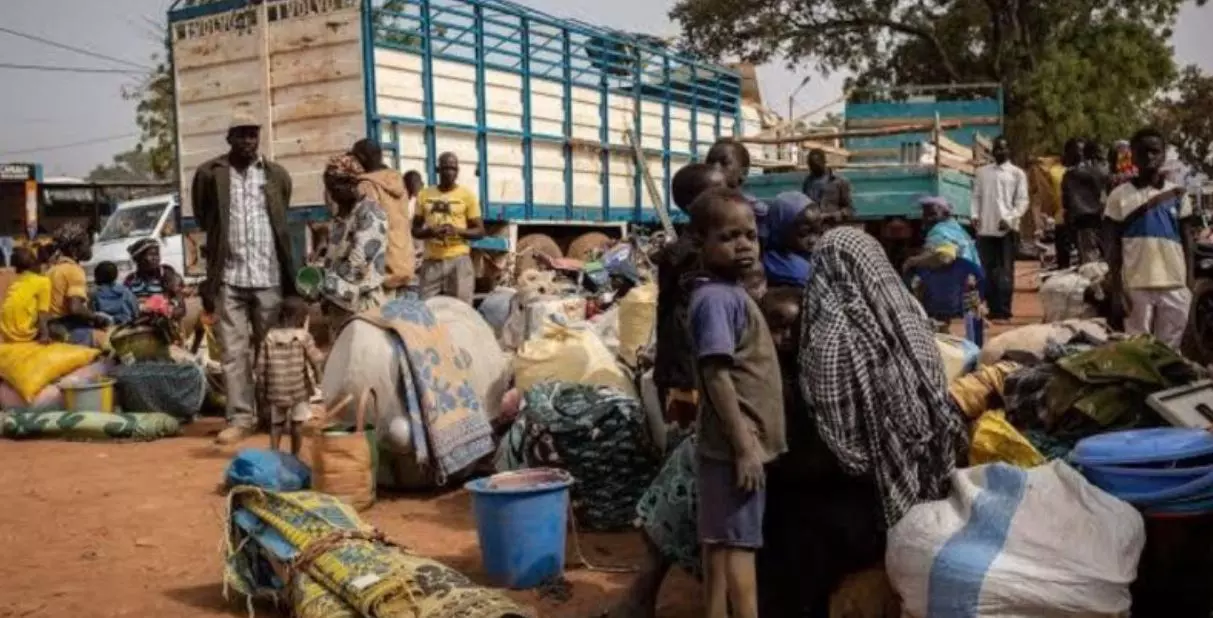Over 33 million Nigerians face hunger next year amid rising food prices, report warns

More than 33 million Nigerians are projected to face hunger in the coming year as food prices continue to soar, exacerbated by conflict and climate change, according to a report released on Friday.
The “Cadre Harmonisé” report, prepared by Nigerian officials alongside United Nations agencies and major humanitarian NGOs, provides a biannual analysis of food security conditions across 26 states in Nigeria’s crisis-affected northern and central regions.
This year’s findings reveal that 25.1 million Nigerians are already enduring “acute food insecurity,” even during the peak harvest season, following severe flooding and surging food prices.
This number is expected to climb to 33.1 million next year, fueled by the naira’s devaluation, rising import costs, and the removal of fuel subsidies, which has driven up transportation and distribution expenses.
“Approximately 5.4 million children and nearly 800,000 pregnant or breastfeeding women are at risk of severe malnutrition or wasting in six of the most affected states,” noted a statement from the World Food Programme (WFP). “Alarmingly, around 1.8 million children could suffer from acute severe malnutrition and require life-saving nutritional interventions.”
Northern Nigeria has been ravaged by Islamist insurgencies since 2009, and the region is plagued by criminal gangs and kidnappers.
Compounding these challenges, climate change and deforestation have increased aridity, straining livelihoods.
The violence and expanding desertification have also fueled tensions between farming communities and nomadic herders, often leading to deadly clashes.
Economic challenges have further intensified food insecurity.
The report highlights the continued depreciation of Nigeria’s currency and the decision by President Bola Tinubu last year to end a long-standing fuel subsidy.
In June 2024, food price inflation hit an annual rate of 40.9%, according to the National Bureau of Statistics.
Over the past year, the price of beans surged by 282%, while locally produced rice prices climbed by 153%.
In October, heavy rains and devastating floods ravaged parts of central Nigeria, damaging 1.6 million hectares of agricultural land, according to estimates by the UN Food and Agriculture Organization (FAO).
“Combined annual losses in maize, sorghum, and rice production across flooded areas could total 1.1 million tonnes—enough to feed 13 million people for a year,” the FAO noted.
The Tinubu administration has temporarily suspended import tariffs on select food items in response to shortages and inflation.
However, the UN has urged both international donors and the Nigerian government to take additional measures to mitigate the crisis.
About The Author
dailymailafric
I am an avid African news observer, and an active member of Daily Mail Africa.
I’m Passionate about staying informed on diverse topics across the continent,
I actively contribute to publishing on political, economic and cultural developments in Africa.



